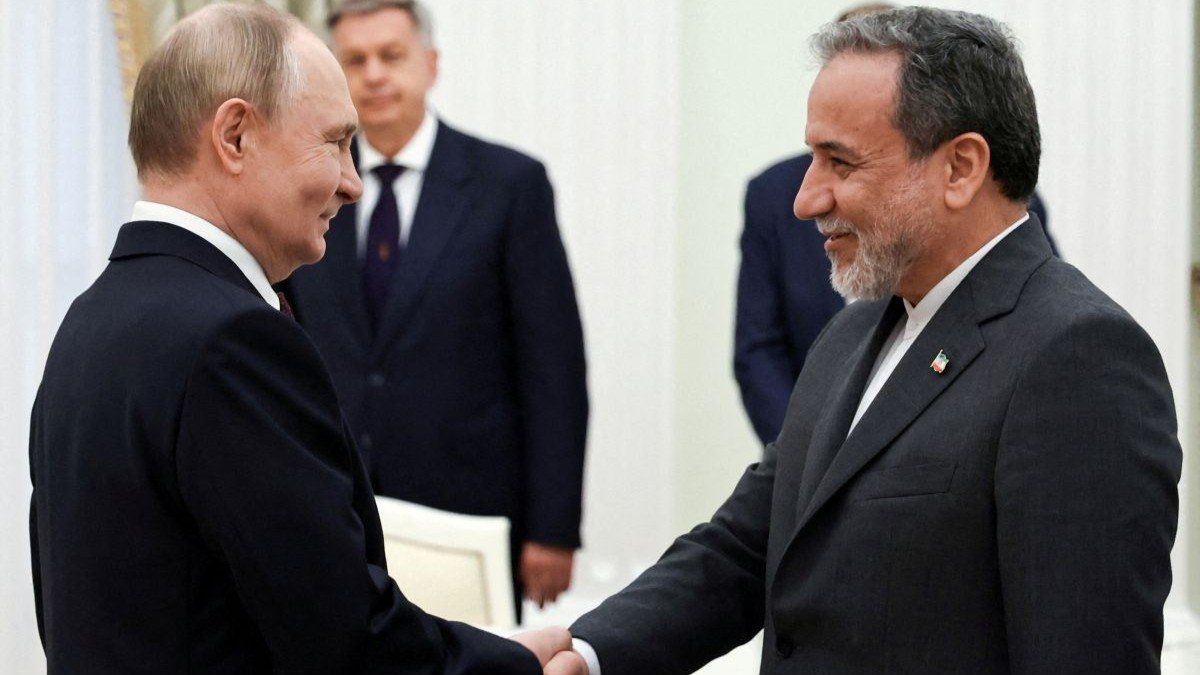US bombing of Iran creates Russian conundrum
Russian President Vladimir Putin welcomed Iran’s foreign minister on Monday, offering rhetorical support for Tehran – but it’s unclear what more the Kremlin is willing to do for its last major Middle Eastern ally right now. Putin has cultivated good ties with Iran, but also with Israel. At the same time, with Washington focused on Iran, Russia continued to hammer Kyiv with airstrikes over the weekend. Just days ago, Putin openly declared that the “whole of Ukraine is ours” – does he think the end goal is in sight?
NATO allies meet for an uncomfortable summit
Defense expenditure will be the top agenda item when leaders of 32 countries – all from Europe and North America – gather at the North Atlantic Treaty Organization summit tomorrow in the Hague, Netherlands. Ahead of the gathering, the group agreed to increase its defense-spending target from 2% to 5% of GDP, but granted an exception to Spain due to the prime minister’s political problems at home. Questions about the strength of the alliance are swirling: US President Donald Trump has sparred with his NATO allies for years now, and there’s no sign that the tensions will subside – his decision to bomb Iran undercut European efforts to foster a truce in the Middle East.
Venezuela cracks down on black markets – could it backfire?
The Venezuelan government has arrested dozens of people, including former top officials, in a crackdown on the country’s sprawling black market for dollars. Authorities blame off-the-books dollar traders for destabilizing the exchange rate, but experts say that the government’s economic mismanagement, coupled with US sanctions, means that black markets are the only way to satisfy popular demand for greenbacks. Stamping out those channels could, they warn, make things worse. Venezuela’s inflation rate has already surged past 200% this year.
